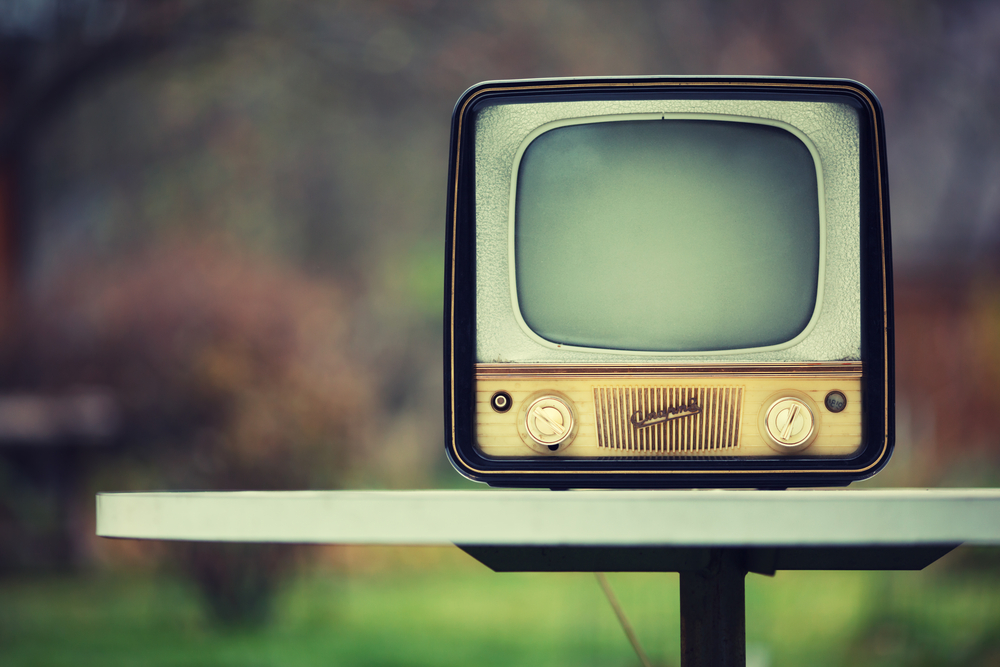It’s that time of year again!
Time to pick back up with my favorite racist, sexist, colonialist show that promotes rape culture, objectifies women, exoticizes people of color, idealizes white savior narratives, and glorifies violence especially against women and girls.
No, I’m not talking about another Republican presidential debate. I’m talking about Game of Thrones, whose sixth season starts this Sunday. And as much as I hate the show for all the reasons I just listed and more, I know I’ll be on the edge of my seat (okay, fearfully sinking into my couch) as this season unfolds. I have often felt guilty about my “Thrones” fandom—am I really sacrificing all of my social justice ideals for the sake of political intrigue and a chance to see the most beautiful butts in all of the Seven Kingdoms? Does loving Game of Thrones make me a bad person?
I don’t think so.
A few years ago, informed by a Social Justice League blog post called “How to Be a Fan of Problematic Things” (which is unfortunately no longer accessible on their site), I realized that most of us love media that are somehow problematic—and that fandom does not make us bad people. Being a responsible consumer doesn’t mean you need to stop consuming something just because it has offensive aspects—BUT there are a few steps every responsible consumer should take:
Think critically.
Loving something does not mean accepting everything about it. Think about your relationship with your favorite TV shows, movies, books, magazines, etc. as a human relationship. As with any human relationship, you should be able to think about what the other party does that works for you, and what they do that hurts or upsets you. The best way to love the media you consume, and to engage deeply with it, is to look at it as a complex entity that will sometimes piss you off. Otherwise you run the risk of being totally crushed when you can no longer ignore the element that upsets you. Plus, if you can’t look critically at your media, you may not hear other people’s criticisms—which leads us to my next point!
Accept that something is wrong.
We live in a racist, sexist world in which the dominant culture is racist and sexist (not to mention cissexist, heterosexist, ableist, ageist, sizeist, etc.). Popular culture is just as problematic as any other representative of our society. So whether or not you see a problem with the media you consume, don’t take it personally and get defensive when other people criticize it. Odds are, the criticism isn’t about you. As Rebecca Wanzo says, “We have a lot of regulation in our taste cultures—not liking something can be seen as an indictment of people who do take pleasure in it. And people often want to make the argument that the thing they love is objectively good, and thus that the people who don’t love it are somehow deficient.” Your love of something doesn’t magically make it perfect, and your friend pointing out its imperfections is not inherently judgmental of you.
For example, Game of Thrones’ upcoming season will allegedly be less sexually violent than previous seasons. A list of things this is: (a) a positive step that I sincerely hope is true, and (b) not enough. A list of things this is not: (a) an acceptable rebuttal to criticisms of the horrific treatment of women and girls so far on the show.
Know your limits.
This guide is intended for those who want to watch things they genuinely enjoy, but have a hard time reconciling it with their values. But, returning to the human relationship metaphor, sometimes it just isn’t working anymore. It’s important to mention that people choose to refrain from offensive media not only on principle—often, it’s because the content may be actively triggering, deeply upsetting, or exclusive to the point of just being boring. If you do choose to be a fan of Game of Thrones even though it’s sexist and racist, or “Blurred Lines” and other catchy songs that represent and reinforce rape culture, or literature by [insert white male novelist here] even though it’s laced with misogyny—be mindful of your own reactions and your interest. Just like you don’t need to universally accept everything about it, you don’t need to stick with it when you find you can no longer reconcile it with your principles or feelings.
Celebrate progress!
And keep thinking critically about what progress looks like. As I am constantly being reminded by a friend who is both a colossal pop culture nerd and a committed advocate for social justice, we are in a golden age of television. TV and movies are better now, in quality and in social awareness, than they have arguably ever been. We can celebrate the strides being made, and also recognize that our favorite representatives of progress are also intensely problematic. Shows like Girls and Broad City get acclaim for bringing forward female showrunners and a woman-centered universe, but both shows have drawn criticism for their unself-aware white feminism. Transparent, which many celebrate for its representation of transgender lives and experiences, was called out in its first season for not having a transgender writer (which led it to hire trans performer Our Lady J for season two); and the issue of trans representation, in all its complexities, is still incredibly fraught. There are, of course, countless other examples.
Just because someone is contributing to progress, we don’t need to turn a blind eye to their mistakes or flaws. And just because someone has flaws or mistakes to which they must be held accountable, we don’t need to dismiss them as useless to the cause.
Demand better.
As a consumer and as a fan, you have power. You can, and must, be vocal about the problematic aspects of the things you watch and read. As I mentioned above, Game of Thrones showrunners have promised to reduce the show’s violence against women and girls after the outcry from fans and critics. Transparent responded to criticism after its first season and hired a transgender writer for its second. Seek out and support media that reflect your values, and speak up about why they’re so wonderful; and if you’re going to be a fan of offensive things, speak up about what’s wrong with them. Demand more, better, more complex representation. Criticize problematic storylines. Advocate for the media you watch to reflect your values. That’s what being a true fan is all about.
The intense sexism, racism, and various other -isms of the entertainment industry are not the fault of every person the industry entertains. But things are improving, and we can keep demanding more and better. Let’s use all of our media, oppressive and empowering, as opportunities for discussion and progress.
Cover image courtesy of Shutterstock.




comments